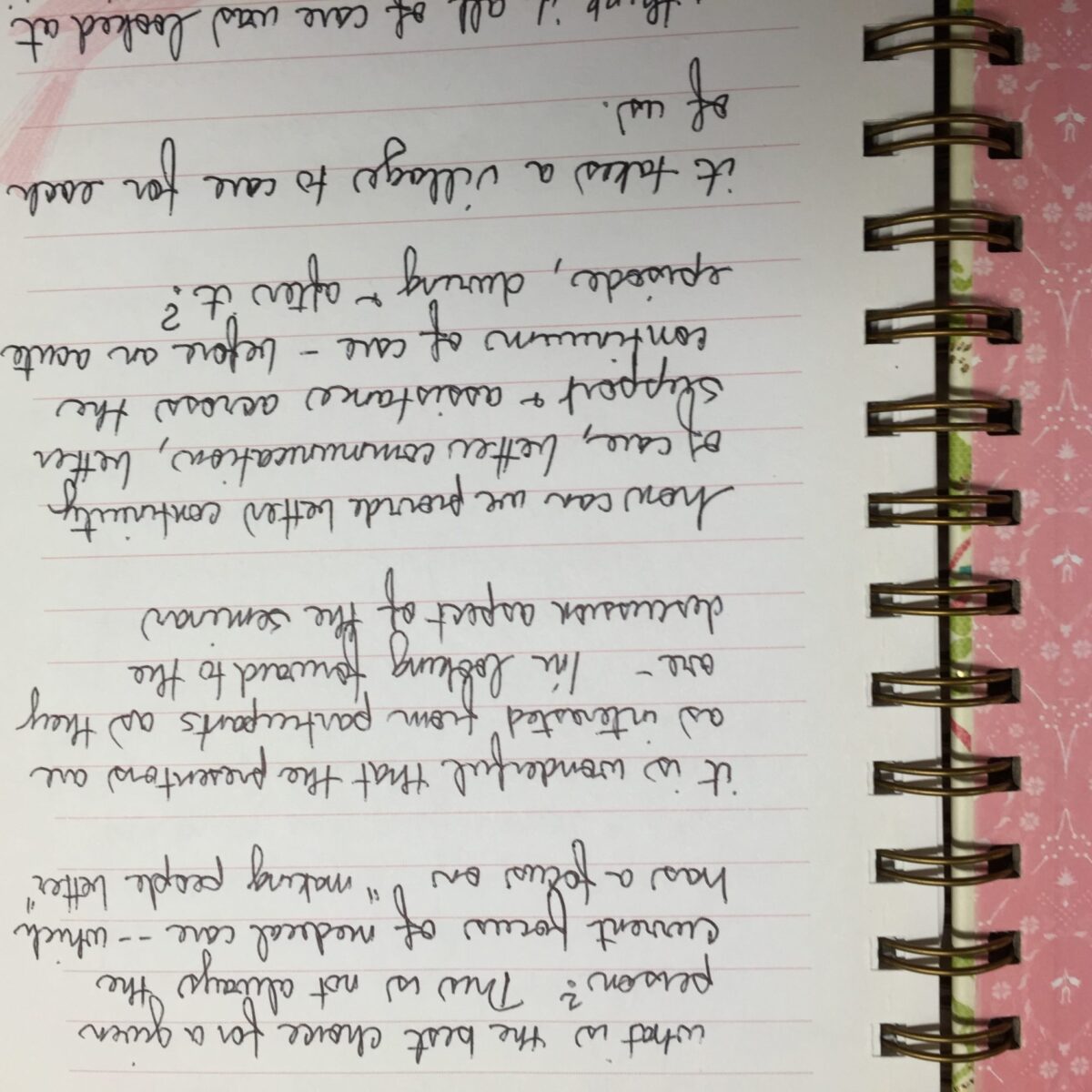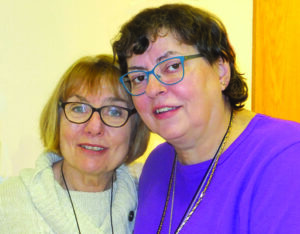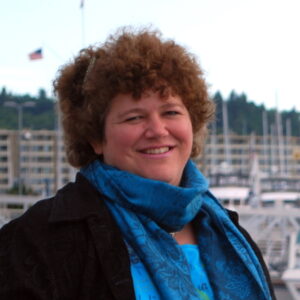
In 2015, Mary Angert enrolled in Easing the Burden of Aging and Illness: Integrating Supportive and Palliative Care to learn more about improving the quality of end-of-life care. The University of Wisconsin-Madison’s course focused on patient- and family-centered approaches.

“What is the best choice for a given person?” Angert mused in a journal she kept during the course. “This is not the current focus of medical care, which emphasizes ‘making people better.’”
Angert is a medical social worker. Inspired by the sessions, she filled her journal with ideas for providing better support for patients and families.
“I think if all of care was looked at as supportive care—not just medical care—the systems would become integrated and discussions of patient wishes would occur naturally,” she wrote.
Excellent discussions
Easing the Burden of Aging and Illness is led by UW-Madison Prof. Beth Fahlberg, a nationally recognized expert in nursing and palliative care. Fahlberg will offer three sessions of the course at Bunky’s Café in fall 2016: Sept. 7-8, Oct. 5-6, and Nov. 10-11.

Fahlberg planned the course in response to the Institute of Medicine’s 2014 report on dying in America, which recommended that all health-care providers receive primary palliative care training.
“There were excellent discussions between participants and lots of opportunities for participant input with presenters,” Angert wrote.
Along with Fahlberg, the 2015 instructors included Suzanna Waters Castillo, who covered issues relating to geriatrics, mental health, and transitional care; and Lynn Tarnoff, who led participants in empathy and self-care exercises. Erin Donaho, a hospice nurse practitioner and the national cardiac care program director for Season’s Hospice, co-led the program, providing in-the-trenches perspectives.
Donaho and Fahlberg have collaborated for the last decade, co-authoring and co-presenting on the topic of Heart Failure and Palliative Care, which is the focus of Fahlberg’s program development efforts through UW-Madison’s Division of Continuing Studies.
Hearing their truths
Easing the Burden of Aging and Illness convinced Angert of the need for cultivating empathy in a health-care setting.
“We can each use our experiences to connect with patients and families,” she wrote in her journal. “Hearing their truths is key to positive intervention. We need to begin to see, hear, and feel what others are experiencing.”
The course was held in a retreat-like setting, and Angert appreciated the safe and supportive environment. She ended her journal on a personal note.
“I have been dealing with chronic joylessness and lack of happy moments. I did not have those feelings during the seminar. I felt engaged and cared for by my peers and the presenters.”
For more information, contact Fahlberg at beth.fahlberg@wisc.edu, 608-890-3628.